In various industries, gypsum and talc are two minerals that play a vital role. Both minerals have distinctive properties that make them suitable for a wide range of applications. Understanding the differences between gypsum and talc is crucial for businesses looking to make informed decisions about which mineral to use. In this article, we will explore the characteristics, uses, and advantages of both gypsum and talc, helping businesses choose the right mineral for their specific needs. 1. Characteristics of Gypsum: Gypsum, also known as calcium sulfate dihydrate, is a soft mineral widely available in nature. Its primary characteristic is its ability to undergo dehydration under controlled conditions, transforming into a semi-hydrated plaster or a fully dehydrated powder. Gypsum is a versatile mineral that holds several beneficial properties for various industries. – Physical Properties: Gypsum is a white or off-white mineral with a Mohs hardness of 2, making it relatively soft. It has a density of about 2.3 grams per cubic centimeter. – Uses: Gypsum finds widespread applications in the construction industry, primarily for wallboard, cement, and as a soil amendment.
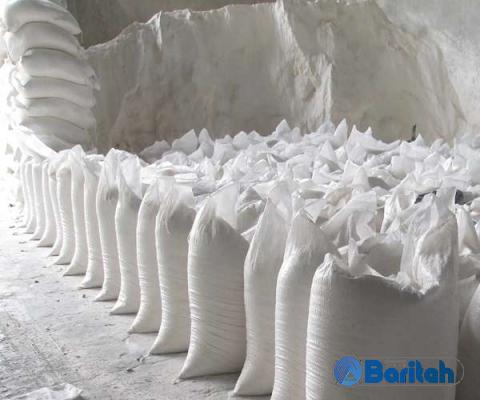
.
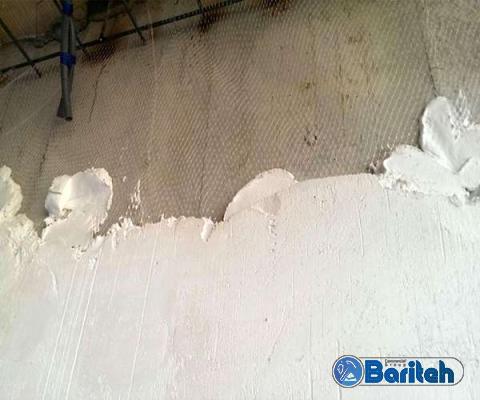 It offers fire resistance, soundproofing qualities, and excellent humidity control properties, making it ideal for these purposes. – Advantages: Gypsum’s key advantage is its versatility and affordability. It is readily available in large quantities across the globe and is relatively inexpensive compared to other minerals. Gypsum also has low environmental impact and can be recycled multiple times, making it an eco-friendly choice. 2. Characteristics of Talc: Talc, chemically known as hydrated magnesium silicate, is a mineral recognized for its softness and versatility. It is typically found in metamorphic rocks and is known for its slippery or greasy feel. Talc possesses unique characteristics that make it an essential mineral in various industries. – Physical Properties: Talc is a white or pale green mineral with a Mohs hardness of 1, making it one of the softest minerals known. It has a density of approximately 2.75 grams per cubic centimeter. – Uses: Talc is widely used in industries such as cosmetics, pharmaceuticals, ceramics, paints, plastics, and paper.
It offers fire resistance, soundproofing qualities, and excellent humidity control properties, making it ideal for these purposes. – Advantages: Gypsum’s key advantage is its versatility and affordability. It is readily available in large quantities across the globe and is relatively inexpensive compared to other minerals. Gypsum also has low environmental impact and can be recycled multiple times, making it an eco-friendly choice. 2. Characteristics of Talc: Talc, chemically known as hydrated magnesium silicate, is a mineral recognized for its softness and versatility. It is typically found in metamorphic rocks and is known for its slippery or greasy feel. Talc possesses unique characteristics that make it an essential mineral in various industries. – Physical Properties: Talc is a white or pale green mineral with a Mohs hardness of 1, making it one of the softest minerals known. It has a density of approximately 2.75 grams per cubic centimeter. – Uses: Talc is widely used in industries such as cosmetics, pharmaceuticals, ceramics, paints, plastics, and paper.
..
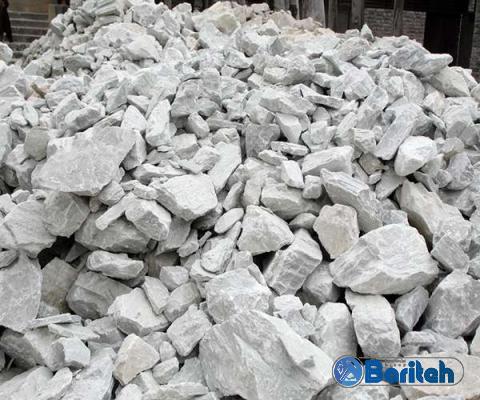 Its lubricating properties, heat resistance, and ability to absorb moisture make it a suitable choice for these applications. – Advantages: The primary advantage of talc is its softness, which allows it to be easily ground into fine particles. It also possesses good heat insulation properties and is chemically inert, making it safe for use in various products. Talc is abundant in supply and cost-effective, making it an attractive option for businesses. 3. Gypsum vs Talc: Choosing the Right Mineral: When deciding between gypsum and talc for specific applications, businesses should consider several factors, including: – Intended Use: Determine the desired properties required for the product. For example, gypsum’s fire resistance and soundproofing qualities make it ideal for construction applications, while talc’s lubricating properties make it suitable for the cosmetics industry. – Budget: Consider the cost-effectiveness of each mineral based on the intended volume and frequency of use.
Its lubricating properties, heat resistance, and ability to absorb moisture make it a suitable choice for these applications. – Advantages: The primary advantage of talc is its softness, which allows it to be easily ground into fine particles. It also possesses good heat insulation properties and is chemically inert, making it safe for use in various products. Talc is abundant in supply and cost-effective, making it an attractive option for businesses. 3. Gypsum vs Talc: Choosing the Right Mineral: When deciding between gypsum and talc for specific applications, businesses should consider several factors, including: – Intended Use: Determine the desired properties required for the product. For example, gypsum’s fire resistance and soundproofing qualities make it ideal for construction applications, while talc’s lubricating properties make it suitable for the cosmetics industry. – Budget: Consider the cost-effectiveness of each mineral based on the intended volume and frequency of use.
…
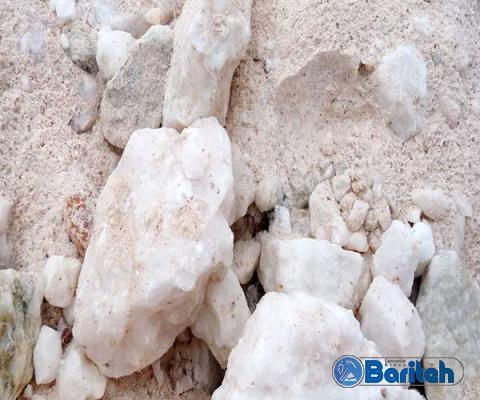 Both gypsum and talc are relatively inexpensive minerals, but costs may vary depending on the specific region. – Environmental Impact: Evaluate the sustainability and recyclability of each mineral. Gypsum is known for its low environmental impact and recyclability, whereas talc may have a higher environmental impact due to its mining and extraction processes. Conclusion: In summary, gypsum and talc are valuable minerals that have their unique characteristics and advantages. Gypsum is often preferred for construction and soil amendment purposes, while talc finds extensive use in industries such as cosmetics, pharmaceuticals, and plastics. By understanding the distinguishing features and applications of each mineral, businesses can make an informed choice as per their specific needs, budget, and environmental concerns.
Both gypsum and talc are relatively inexpensive minerals, but costs may vary depending on the specific region. – Environmental Impact: Evaluate the sustainability and recyclability of each mineral. Gypsum is known for its low environmental impact and recyclability, whereas talc may have a higher environmental impact due to its mining and extraction processes. Conclusion: In summary, gypsum and talc are valuable minerals that have their unique characteristics and advantages. Gypsum is often preferred for construction and soil amendment purposes, while talc finds extensive use in industries such as cosmetics, pharmaceuticals, and plastics. By understanding the distinguishing features and applications of each mineral, businesses can make an informed choice as per their specific needs, budget, and environmental concerns.
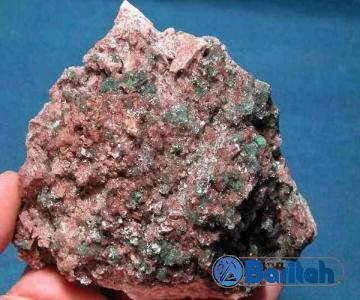
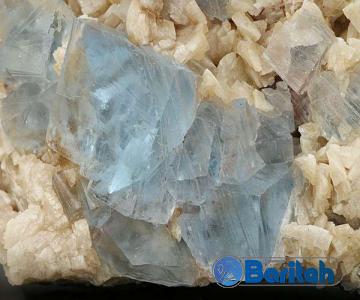
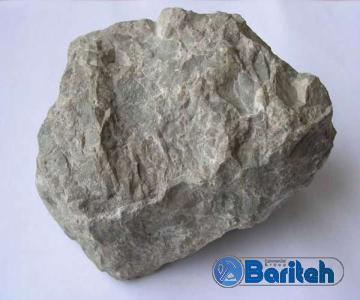
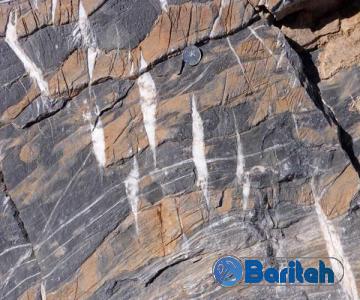
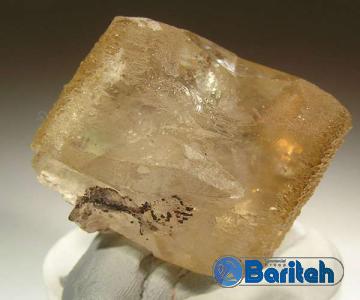
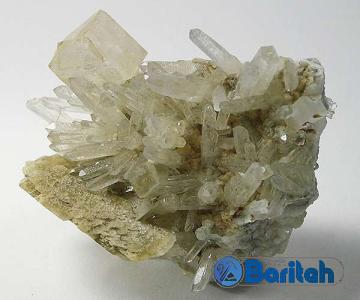
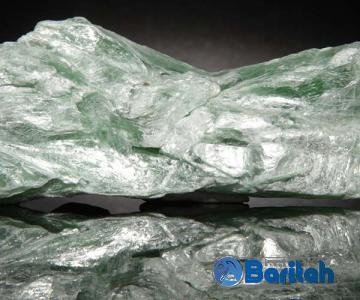
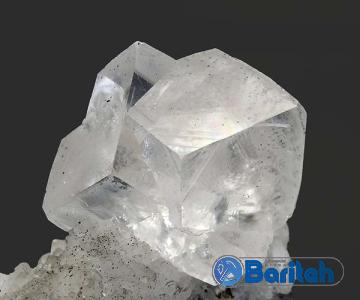
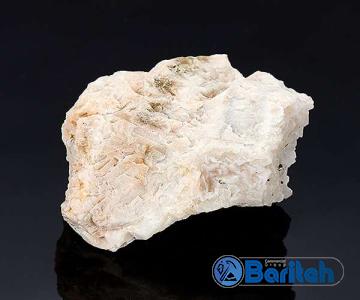
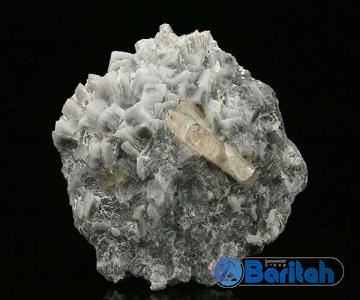
Your comment submitted.